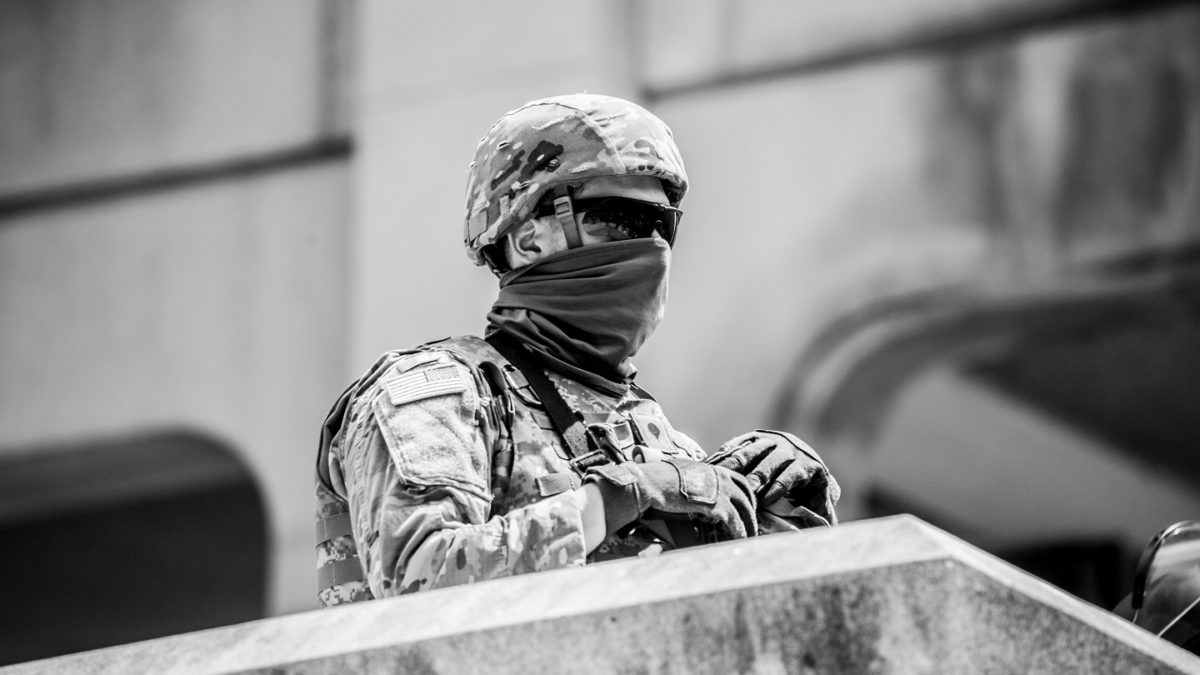
Testing and Certification of Level 4 Body Armor: What You Need to Know
As a member of the military or law enforcement, you know how important it is to have protection when you’re in the field. One of the most important pieces of equipment you can have is body armor. However, not all body armor is created equal, and it’s important to understand the differences so you can stay safe. In this blog post, we’ll be discussing level 4 body armor, which is the highest level of protection available. We’ll cover how it’s tested and certified, what it’s designed to protect against, and what you need to know before purchasing Level 4 body armor.
Level 4 body armor is designed to protect against high-velocity bullets, such as those fired from rifles, and is the highest level of protection available. To be certified as Level 4, body armor must undergo rigorous testing at the National Institute of Justice (NIJ). The testing is conducted using a variety of weapons, including .30 caliber armor-piercing bullets, as well as a variety of other projectiles. The armor must be able to stop these rounds with minimal deformation or penetration to be certified as Level 4.
It’s important to understand that not all Level 4 body armor is created equal. There are a variety of different materials used in the construction of Level 4 body armor, including ceramics, steel, and polyethylene. Each material has its advantages and disadvantages, and it’s important to do your research before purchasing Level 4 body armor. Some materials may offer better protection against certain types of projectiles, while others may be more durable or lighter in weight.
When purchasing Level 4 body armor, it’s important to look for the NIJ certification label. This label indicates that the armor has undergone rigorous testing and has been certified as Level 4. It’s also important to purchase from a reputable manufacturer that has a history of producing quality body armor. Purchasing from an unknown manufacturer or a manufacturer with a poor reputation is not worth the risk when it comes to your safety.
It’s also important to remember that no body armor is completely bulletproof. While Level 4 body armor is designed to stop high-velocity bullets, there is always a risk of injury or penetration if the armor is hit by a bullet at a certain angle or velocity. It’s important to use proper tactics and to avoid putting yourself in situations where you’re likely to be shot. Your body armor is only one piece of your overall protection strategy, and it’s important to take a comprehensive approach to your safety.
Level 4 body armor is the highest level of protection available, but it’s important to understand how it’s tested and certified, what it’s designed to protect against, and what you need to know before purchasing Level 4 body armor. By doing your research, purchasing from a reputable manufacturer, and using proper tactics in the field, you can stay safe and protected in even the most dangerous situations. Stay safe out there.
For more great articles, click here.